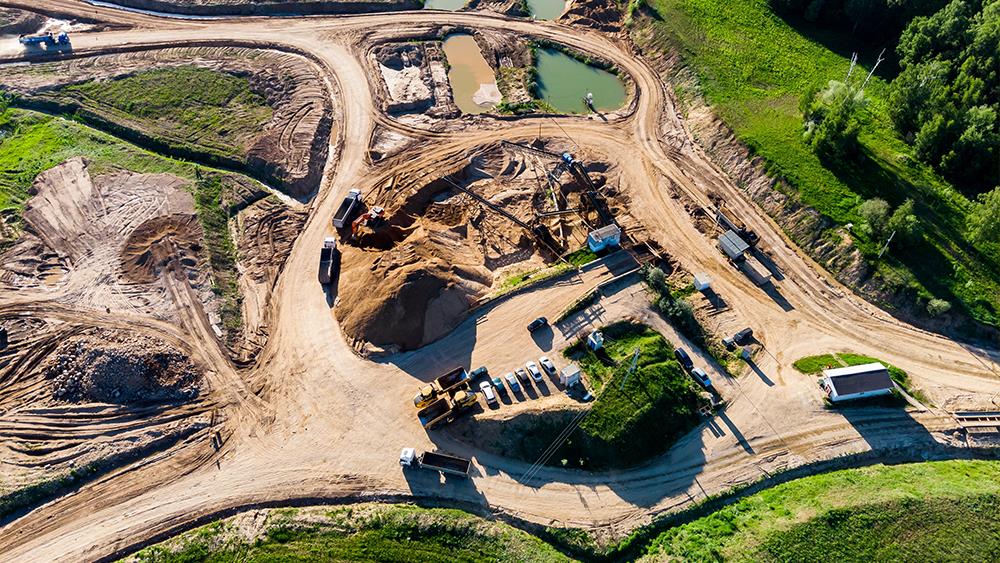

The government has published a consultation on reform of Landfill Tax, that seeks views on proposals aimed at supporting the its ambition to transition to a more circular economy, simplifying the tax and reducing opportunities for error and non-compliance, and cracking down on waste crime.
The proposals suggest wide ranging changes that would remove a number of exemptions and reliefs. This could ultimately see a 3,000% increase in the tax cost of disposing of some inert materials, according to Jayne Harrold, Tax Partner at S&W.
For the construction sector and quarrying sectors there are three very significant changes that will impact the cost of demolition and remediation projects:
Jayne Harrold commented: “Much development and demolition waste is subject to the lower rate, which is currently £4.05 per tonne. Under the proposals this will increase to £126.15 per tonne at current rates, and RPI increases will continue to apply.
"Even for waste that is not sent to landfill there will be consequential price increases because landfill tax effectively acts as a stimulus that sets market pricing for waste disposal. This will increase the cost of developing new houses and commercial property with consequential price increases.
“The purpose of the changes is to incentivise the reuse and recovery of more material and reduce the amount of fraud that currently takes place. Undoubtedly the additional price signal will mean that treatment processes that are not economically viable will become viable, but there are other challenges to the reuse and recycling of material connected with regulatory restrictions that need to be addressed for the shift to take place.
"Otherwise there is no alternative behaviour to adopt and this simply becomes a 3,000% tax hike and this is likely to drive increased illegal disposal and fly tipping. Any changes need to be phased in over an extended period and coupled with regulatory changes to address the current barriers to recycling and reuse and allow the industry to adapt.
“For the quarrying sector, removal of the exemption will be a significant blow. Quarries are required under their planning permission to be restored following excavation of the usable material. They are generally restricted to accept only inert materials and currently benefit from a landfill tax exemption.
"Under the new proposals, quarry restoration sites with a landfill permit would start to pay tax from 2027 and the rate of tax would reach £126.15 plus the RPI increases for every tonne of waste used in the restoration by 2030. This would substantially affect the economic viability of quarry restoration.
"Ultimately, for the industry to survive, it would have to be passed on in the form of higher prices for quarried aggregate for the quarry operators to be able to cover their costs. This in turn would affect the cost of construction, further increasing the cost of developing new houses and commercial property and large infrastructure projects such as road improvement and rail projects like HS2.”
This consultation closes on 21 July 2025.